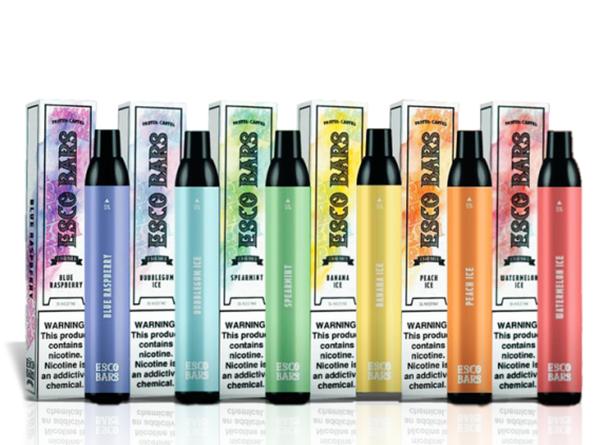
A motoring group in the United Kingdom is calling for the government to change laws on vaping and driving. With vaping at record levels, motoring experts at LeaseCar.uk are calling for an urgent ban on smoking e-cigarette devices when behind the wheel, according to an emailed press release.
In the UK, it is a legal requirement to drive with due care and attention, and the experts at LeaseCar.uk say there is no way people can adhere to this standard of driving while vaping. Aside from causing drowsiness and dizziness, the devices emit vast clouds of smoke, which restricts vision, making it impossible to be aware of surroundings, the release states.
“Drivers not in complete control of their vehicle could receive penalties such as an unlimited fine, 9 points and a discretionary disqualification,” the release states. “In extreme cases, if someone is injured or killed due to careless driving, they could be jailed.”
In the UK, the only current law around smoking and driving is that it is illegal to smoke with someone under 18, but this doesn’t apply to vaping. Tim Alcock from LeaseCar.uk said that it is only a matter of time before there are more fatalities on the road due to vaping.
“There has been growing concern over the effects of vaping, but we do know that there are high levels of nicotine in the devices, which is highly concerning from a driving point of view,” he said. “E-cigarettes that contain nicotine cause dizziness and lightheadedness, which is highly dangerous, putting both the driver and other road users at risk.
“It is appalling that drivers are still allowed to vape with children in the car given the immediate dangers on the road and long-term medical side effects which are still being researched. Not only that, as people puff at the devices, the vast clouds of smoke create a massive hazard as it blocks and restricts vision. We are calling for the government to make urgent changes to current motoring offenses and consider just how dangerous vaping at the wheel is.”


















